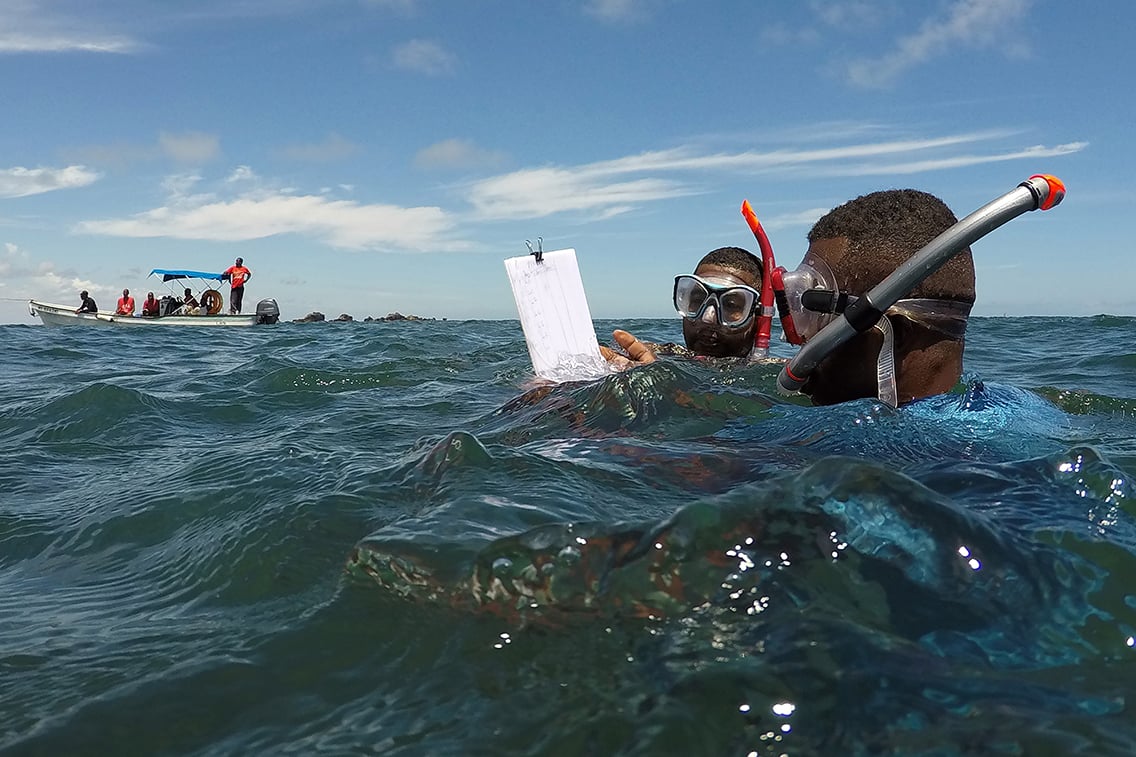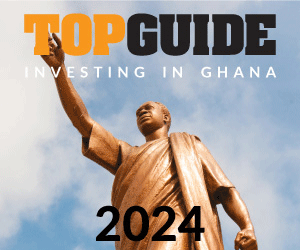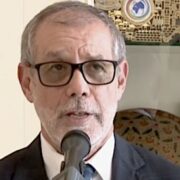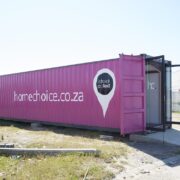
Barbados’ tourism sector has exhibited strong growth in recent years, as has that in much of the Caribbean, recovering strongly after the Covid-19 pandemic disrupted international travel. The region’s heavy reliance on the oceans means, however, that climate change poses an existential threat to tourism and to the livelihoods of millions who depend on the sector. With its heavy dependence on healthy oceans and coastlines, the Caribbean is particularly vulnerable to rising sea levels, coral reef bleaching, and extreme weather events.
Given Africa’s own immense climate challenges, the topic was one of mutual interest at Afreximbank’s annual meeting in the Bahamas.
Empowering local communities to combat climate change
There are multiple solutions to the problem of climate change, but few are as potent and sustainable as empowering local communities in the areas most adversely affected to play a frontline role in adaptation, says Nikita Shiel-Rolle, founder of Young Marine Explorers Bahamas and the Cat Island Conservation Institute, two Bahamian non-profit organisations dedicated to marine conservation.
Shiel-Rolle believes that local communities that are heavily reliant on tourism and ocean resources hold the key to turning the tide on climate change.
“By equipping them with scientific knowledge about climate change, its impacts and effective response strategies, these communities can become active participants in protecting their environment and ensuring the long-term sustainability of tourism,” she tells African Business on the sidelines of the annual meetings.
Her organisation is active not just in the Caribbean, but also in Africa, where she has worked with local communities in Lamu island, Kenya, as well as in Somaliland and Ethiopia, to build the capacity of locals to participate in the sustainable blue economy.
“Our regions suffer from a lack of data about our own oceans,” she explains. “We’re working to empower individuals, even those without formal education or currently living in poverty, to develop the skills needed to thrive in this new science-based ocean economy, including the skills needed for accurate data collection about climatic patterns.”
She contends that many communities in Africa and the Caribbean that live by the oceans are “oblivious to the power and potential that lies within the ocean that is literally their birthright.”
Putting science in the hands of the people
To rectify this situation and give local people an opportunity to participate in the science-based ocean economy, Shiel-Rolle says that it is necessary to train them, in a language and format they understand, to understand the scientific principles that govern the oceans they call home.
“Training is at the core of our work,” she elaborates, noting that the programmes run by her NGOs focus on training participants to become “certified community scientists”. These individuals are not traditional academic scientists, but they receive comprehensive training that allows them to collect reliable data crucial for scientific research on climate change.
“This data helps us understand changes in precipitation patterns, sea surface temperatures, and other vital environmental indicators,” she explains. “Once trained, we empower these community scientists to become custodians of technology.”
The programme equips participants with tools such as rain gauges, coupled with automatic weather stations, to collect accurate data. “The biggest hurdle to combating climate change in coastal communities is the lack of data on our own oceans,” she reiterates. “We need data to understand issues like shifting weather patterns, biodiversity changes, and the health of our sea-grasses, coral reefs, and fish populations.”
“We for example don’t have a clear picture of how rainfall patterns are changing in our communities,” explains Shiel-Rolle. “This lack of data makes it difficult to prepare for extreme weather events, be they devastating floods or prolonged droughts, that have become increasingly common, as we saw in Kenya recently.” These extreme weather events are causing disasters and deaths, even though communities haven’t significantly contributed to the very climate changes causing them, she adds.
By equipping coastal communities with the necessary skills and scientific understanding, the programme aims to empower them to become active participants in ocean conservation, sustainable resource management, and the development of new ocean-based industries. “The power lies in local voices. When a community member can articulate environmental issues in a language policymakers understand, it creates a bridge for effective solutions,” argues Shiel-Rolle.
The programme relies on hybrid learning, which combines physical learning with online events. The goal, she says, is to be consistent. “When you are in a remote community, you can’t just pop in once and come back in five years and say ‘this is the plan’.”
“Our work sensitises locals about the importance of adaptation in the face of climate change while empowering policymakers and decision makers with reliable, local data to make informed choices,” she says.
Making local ownership of tourism a reality
Shiel-Rolle is focused on getting coastal communities involved in scientific research about climate change. She admits that there are barriers to entry since research equipment is costly and out of reach for many locals, but acknowledges the role that donors play in bridging this gap.
She highlights the importance of boosting the economic participation of local coastal communities in tourism – another key pillar in the blue economy besides scientific research. “The level of economic participation, whether it be in scientific research or tourism ventures, is heavily influenced by access to capital,” she explains, noting that this presents a significant barrier for many local communities in both Africa and the Caribbean.
“Tourism is not equitable. This is the dark side of tourism especially when the tourism sector is not owned by the people – and most of the time it is not. It is owned by foreigners who come in and create their vision and employ the locals.”
What gives the foreigners an edge over locals? “It’s about access to capital,” she says. “We have a very segregated financial system. In the Bahamas, for example, if you are an American or a foreigner, there is one reality, and if you are a local person there is a different reality. The ecosystem is more enticing and supportive for the foreigner who is coming in.”
“The reality is that banks see us as high risk. We need to find ways to de-risk the local population so that we can invest in them.” When local ownership in tourism is the norm rather than the exception, not only is the experience more powerful – since it’s grounded in the local culture – but that money stays in the country and transforms the local economy, she contends. “A sustainable blue economy is one where we have eliminated the barriers to participation in the economic opportunities that are presented by the ocean,” she concludes.










Comments